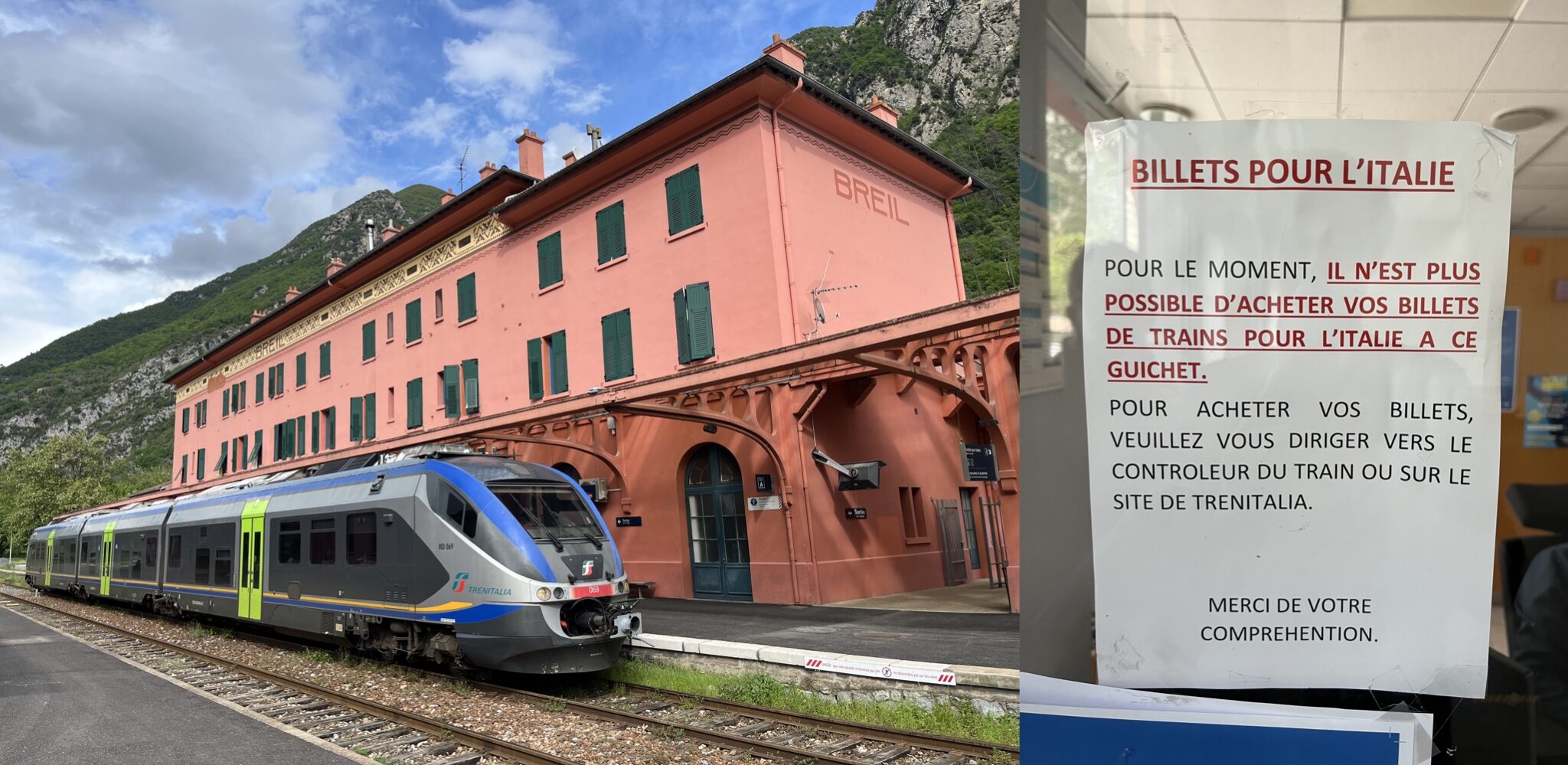Peel back the rhetoric and state railways are naked on Europe-wide ticketing - only EU law is going to fix this mess

For the past few years the state owned railways in Europe - represented in Brussels by Community of European Railways (CER) - have been working on their "Ticketing Roadmap" (yes, don't laugh, railway companies really have a roadmap). This roadmap is the railways' response to customer and political demands to better sort out Europe-wide railway ticketing.
The gist of CER's approach is essentially this: politicians, please leave us railways alone, we need no new law, and we will fix these problems ourselves.
So what then is the central plank of this approach?
It is the Open Sales and Distribution Model (OSDM), a technical standard to allow railway companies to more easily sell each other's tickets.
But this is essentially the role OSDM plays for CER and its boss Alberto Mazzola - it gives them cover. Strip away OSDM and the railways are left naked.

Putting it another way: that railways can share their data does not mean that they will.
Will the full implementation of OSDM solve the problems at Breil sur Roya (France-Italy border, map here) where despite half the trains going to Italy, the SNCF ticket office refuses to sell Trenitalia tickets? No it won't - because the problem here is not the standard, the problem here is the lack of will, and OSDM does not solve that.

Will OSDM solve the problem that Deutsche Bahn does not sell tickets for private night train start-up European Sleeper? No it won't, because it is not about the standard, it is about the lack of obligation - DB fears that if it has to sell European Sleeper tickets then it will have to sell Flixtrain tickets too. European Sleeper is already OSDM compliant, but as DB's Alexander Mokros lets slip on LinkedIn here, there are currently "no plans" to sell their tickets. For even more examples of the ticketing issues that need solving, see this report I wrote for Jakop Dalunde.
And even were data exchange on a given route good enough to enable a passenger to book in one transaction, the roadmap and OSDM do not solve the problem of the lack of passenger rights. That instead is part solved by Railteam and the Agreement on Journey Continuation, but both of those are so fiendishly hard for passengers to use that I needed to make some insanely complex flow charts to explain them.
Don't get me wrong - a common standard for ticket data sharing is not a bad idea in itself. Anything that reduces the costs for railway companies to facilitate data sharing is fine in principle (although as this piece by Toma Bačić explains, there is a question mark as to whether OSDM is even the right standard). But it will not solve the problems passengers face currently when booking international train journeys.
To conclude, the Ticketing Roadmap is just a cover. It is a means for CER to claim that the railways are doing something, a means to head off the danger of data sharing obligations and binding multi-operator passenger rights being imposed on them in law. But sorry, state owned railways, your time is up. You've been failing to solve these problems for two decades (and even going backwards), and now the European Commission is so annoyed that the issue even made it into von der Leyen's political priorities. New EU law is the only way to fix this mess.
Image rights
Photo montage by Jon Worth, using the following images Michelangelo's David - right view - Commonists - 1 August 2021 - CC BY-SA 4.039 545th Plenary Session -_TEN_691_5.jpg TEN/691 - Alberto MAZZOLA - EESC - 17/07/2019 - Public Access OSDM Logo from CIT Rail
Breil sur Roya photos by Jon Worth